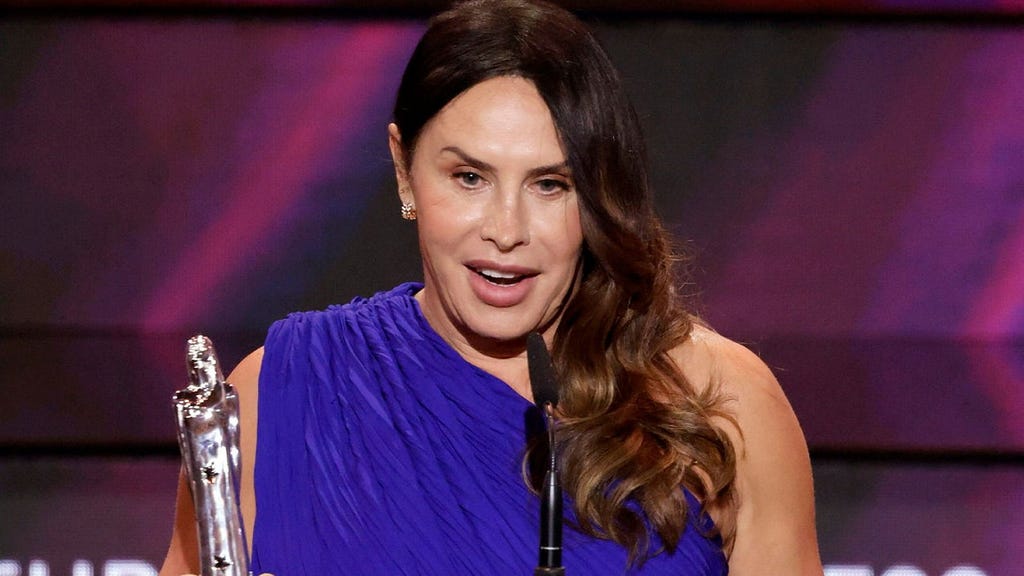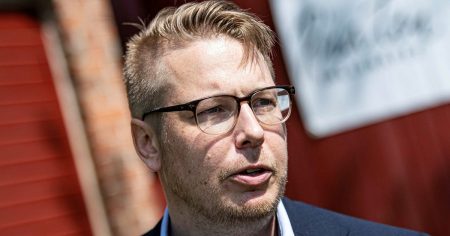The Oscar-nominated actress, Karla Sofía Gascón, has issued a public apology following the resurfacing of controversial social media posts from around 2016. These posts, which contained inflammatory remarks targeting Muslim attire, language, and culture, and described Islam as “an infection” and “a deeply disgusting kind of humanity,” have sparked widespread condemnation and jeopardized the Oscar campaign for the Netflix film ”Emilia Pérez,” in which Gascón stars. The actress, who made history as the first openly transgender performer nominated for a Best Actress Oscar, expressed deep remorse in a statement to AFP via Netflix, acknowledging the pain she caused, particularly to marginalized communities with which she identifies. The controversy underscores the increasing scrutiny of public figures’ past online activity and its potential impact on their careers and associated projects.
Gascón’s apology follows a tumultuous week that saw her historic Oscar nomination overshadowed by the unearthed social media posts. The posts not only targeted the Muslim community but also contained disparaging remarks about George Floyd, the Black man whose murder by police in 2020 ignited global protests against racial injustice. Gascón referred to Floyd as a ”drug addict and a scammer,” further fueling the public outcry against her. The timing of the controversy, coming just days after her groundbreaking nomination, placed Netflix in a difficult position, forcing them to navigate the fallout from the scandal while simultaneously promoting ”Emilia Pérez,” which garnered 13 leading Oscar nominations. The situation highlights the complex challenges faced by studios and production companies when a key figure associated with a high-profile project becomes embroiled in controversy.
The controversy demonstrates the enduring power of social media, even years after original postings. While the posts date back to 2016, their recent resurfacing demonstrates how easily online content can be unearthed and disseminated, especially in the age of digital archiving and readily accessible information. This underscores the importance of responsible online behavior and the potential long-term consequences of inflammatory rhetoric. The incident also highlights the increasingly blurred lines between public and private life for individuals in the public eye, as past online activity can quickly become relevant and subject to public scrutiny, regardless of when it occurred.
In response to the escalating controversy and the intense online backlash, Gascón deactivated her X (formerly Twitter) account. In a statement to The Hollywood Reporter, she explained that the decision was made to protect herself and her family from the ”campaign of hate and disinformation” that had erupted in the wake of the resurfaced posts. This action reflects the toll that online harassment and negative publicity can take on individuals and their families. It also underscores the difficult choices public figures often face when navigating online controversies, balancing the need for accountability with the desire for self-preservation and protection from online abuse.
The incident involving Karla Sofía Gascón serves as a cautionary tale about the lasting impact of online statements and the importance of thoughtful and respectful online discourse. It also highlights the increasing scrutiny faced by public figures, particularly in the context of awards campaigns and high-profile projects. The controversy surrounding Gascón’s past social media activity raises important questions about redemption, accountability, and the impact of online behavior on professional careers. It remains to be seen how the controversy will ultimately affect Gascón’s career and the Oscar campaign for ”Emilia Pérez.”
Furthermore, the situation complicates the narrative surrounding Gascón’s historic Oscar nomination. While her achievement represents a significant milestone for transgender representation in the film industry, the controversy surrounding her past comments has overshadowed this accomplishment and sparked a broader conversation about the complexities of representation and the responsibilities that come with public recognition. The incident underscores the need for ongoing dialogue and education regarding issues of diversity, inclusion, and respectful online communication. It also highlights the challenges of balancing celebration and critique when addressing complex issues involving public figures and their past actions.














